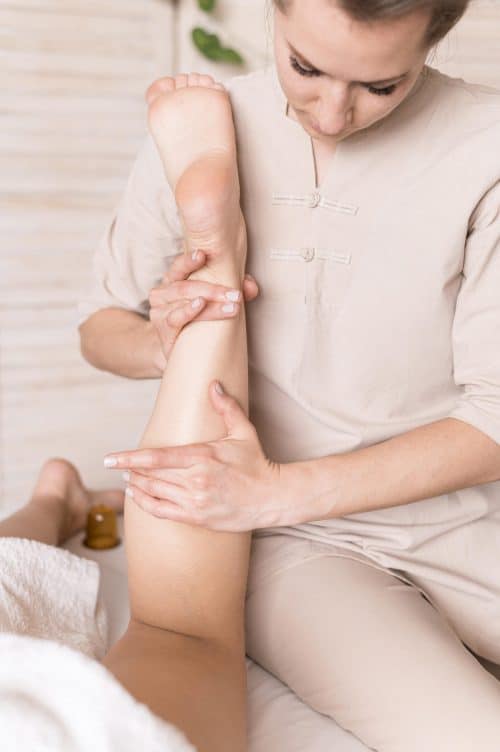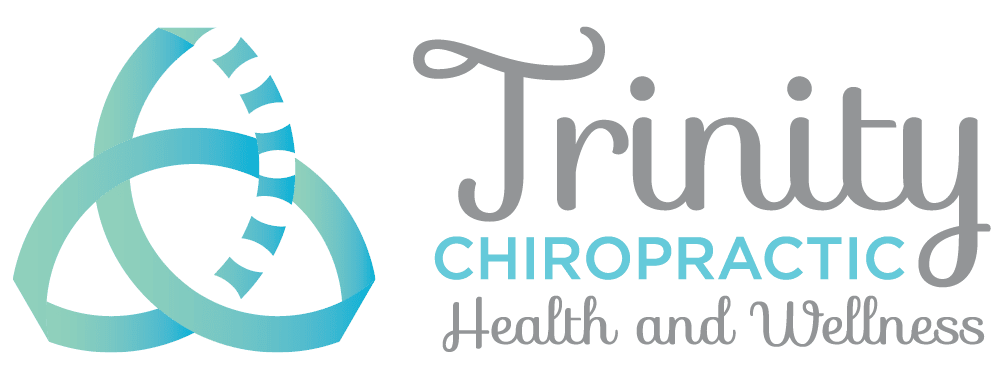Massage Richmond Hill
Massage Therapy

Massage Therapy
Massage therapy is a clinically orientated health care option that helps alleviate discomfort associated with everyday and occupational stresses, muscular overuse and many chronic pain conditions. Massage therapy consists primarily of the manipulation of soft body tissues including muscles, connective tissues, tendons, ligaments and joints, with the goal of optimizing health. It is a highly effective method of care that can be used to help address a variety of conditions along with promotion of good health and wellness.
This therapy can be used to treat both acute and chronic conditions; as it enhances joint function, improves circulation, increases metabolism and promotes the overall healing process. Registered Massage Therapists can work with a variety of clients with injury rehabilitation, pregnancy and disability.
Cupping Therapy
Cupping therapy is an ancient form of alternative medicine in which a therapist puts special cups on your skin for a few minutes to create suction. These traditionally are glass, but more commonly a plastic or silicone cup is used now. The suction created by the cup is meant to help break down tough facial adhesions and deep seeded tension within the body. Cupping technique is used in addition to your typical Swedish massage. There are many benefits to cupping, including pain reduction and inflammation, increasing blood flow, relaxation and well-being, and as a type of deep-tissue massage.

What to expect before and during your massage appointment?
Upon meeting your Registered Massage Therapist (RMT), a personalized plan of action or treatment plan will be presented to you based on an initial assessment which goes over your health history and various tests to determine the health of your muscles and joints.
Informed consent must be obtained in written form in order for your RMT to be able to work on any part of your body. Your privacy will always be respected regardless of whether you are fully clothed, fully or partially covered with sheets or blankets. Your privacy and comfort will always be respected.
As massage therapy is a hands-on technique, various specialized movements of the practitioners hands will make up the therapy. Your therapist will be sure to work within your level of pain tolerance throughout the duration of the treatment as well. In addition, there may be some stretches of the muscles performed during, or shown to you after your appointment has been completed.
Benefits of Massage Therapy
More and more Canadians are integrating massage therapy to assist with the physical manifestation of daily stress, seeking relief for a medical condition or complementing other therapies to speed in recovery.
Research has shown therapeutic massage not only allows for relaxation of tired and overworked muscles, but also the increase in circulation, promotion of lymphatic flow, improves healing time of strained ligaments and muscular tissues, reduces inflammation in joints, improves range of motion. All this is achieved acting on the muscular, nervous and circulatory systems within the body.
- Improving joint mobility and range of motion
- Improving overall circulation
- Improving lymphatic drainage
- Reducing muscular tension
- Improving digestive disorders
- Reducing symptoms of Fibromyalgia
- Reducing Insomnia related to stress/anxiety
- Reducing persistent Myofascial pain syndrome
- Reducing Paresthesia and nerve pain
- Decreasing Temporomandibular joint pain

